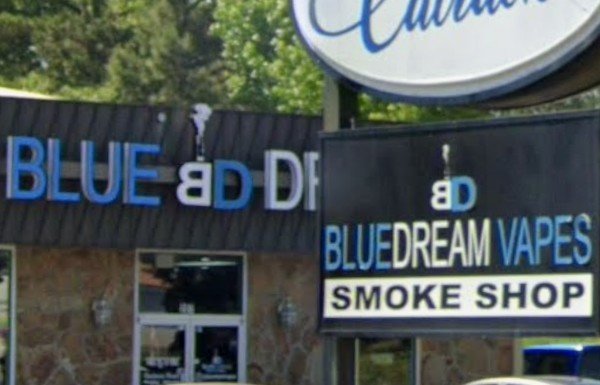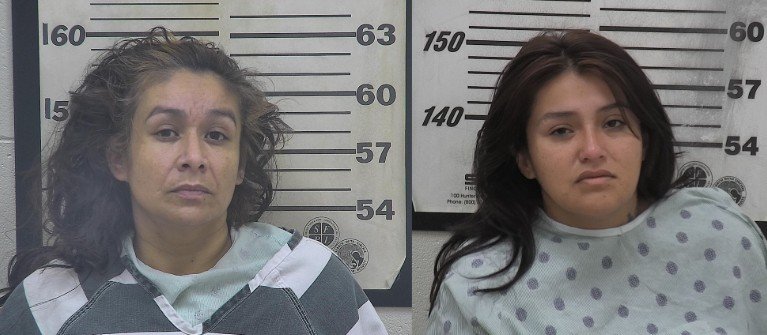House study panel discusses regulating private water systems
(The Center Square) – Jacob Fried told a state House study committee on Wednesday that he wasn’t prepared for the sticker shock he experienced when opening his car wash three and a half years ago.
The rates from Piedmont Water, a private water company in Eatonton, forced him into bankruptcy.
“The first sticker shock was when the builder called for our sewer tap and four our water tap, and it was over $50,000 just for the privilege of tapping onto the two systems,” Fried told the House Study Committee on Private Water Systems.
Part of the $50,000 was for a $13,000 grinder pump, but it was still “a hard pill to swallow,” Fried said.
The committee is considering whether or not private water systems should be regulated, as the state’s city and county water systems are. Fried’s story was one of several shared by Piedmont customers who complained of the company’s high water rates.
Rep. Trey Rhodes, R-Greensboro, sponsored a bill during the 2024 session of the Georgia General Assembly that would give the Public Service Commission the authority to oversee private water systems.
“All I want for my people is a fair price,” Rhodes said at the committee meeting held at Lakeside Church in Greensboro.
Brent Hurst, chief operation officer for Piedmont Water, said the cost of regulation would be “pretty significant” for his company.
“Our estimates are going to be anywhere from half a million to three quarters of a million for a utility our size to just put together the rate case studies to submit to the Public Service Commission not to mention the costs that it would take to actually go through every single rate case study that would get submitted,” Hurst said.
Public Service Commissioner Jason Shaw said the regulated model is not always the least expensive one.
“A regulated model is where you determine what is faire, what is reasonable and what is prudent in terms of investments and that’s where you also guarantee a private company a rate of return that is fair,” Shaw said. “And in some cases when you take depreciation and taxes and everything–investments–that guaranteed rate of return that is the fair rate of return can cause rates to go up.”
The committee will hear more testimony when it meets Oct. 9 in Atlanta.






